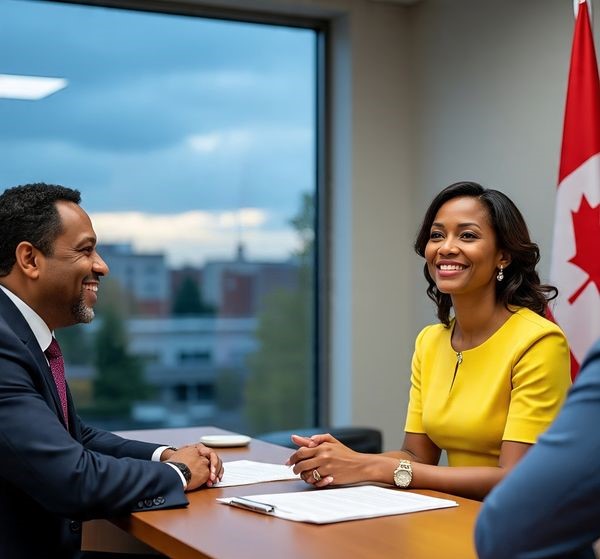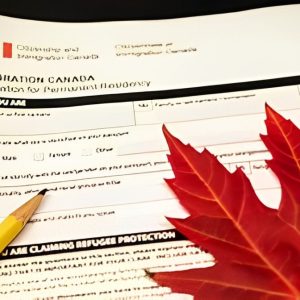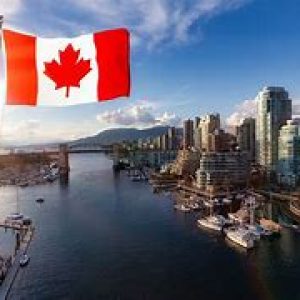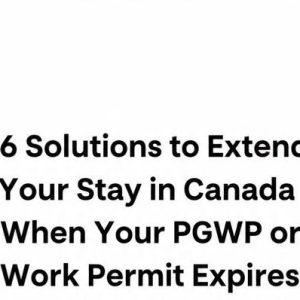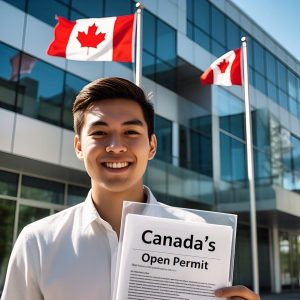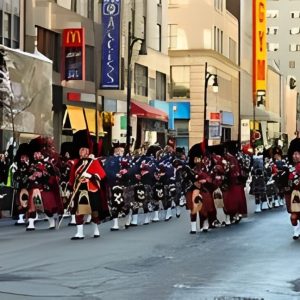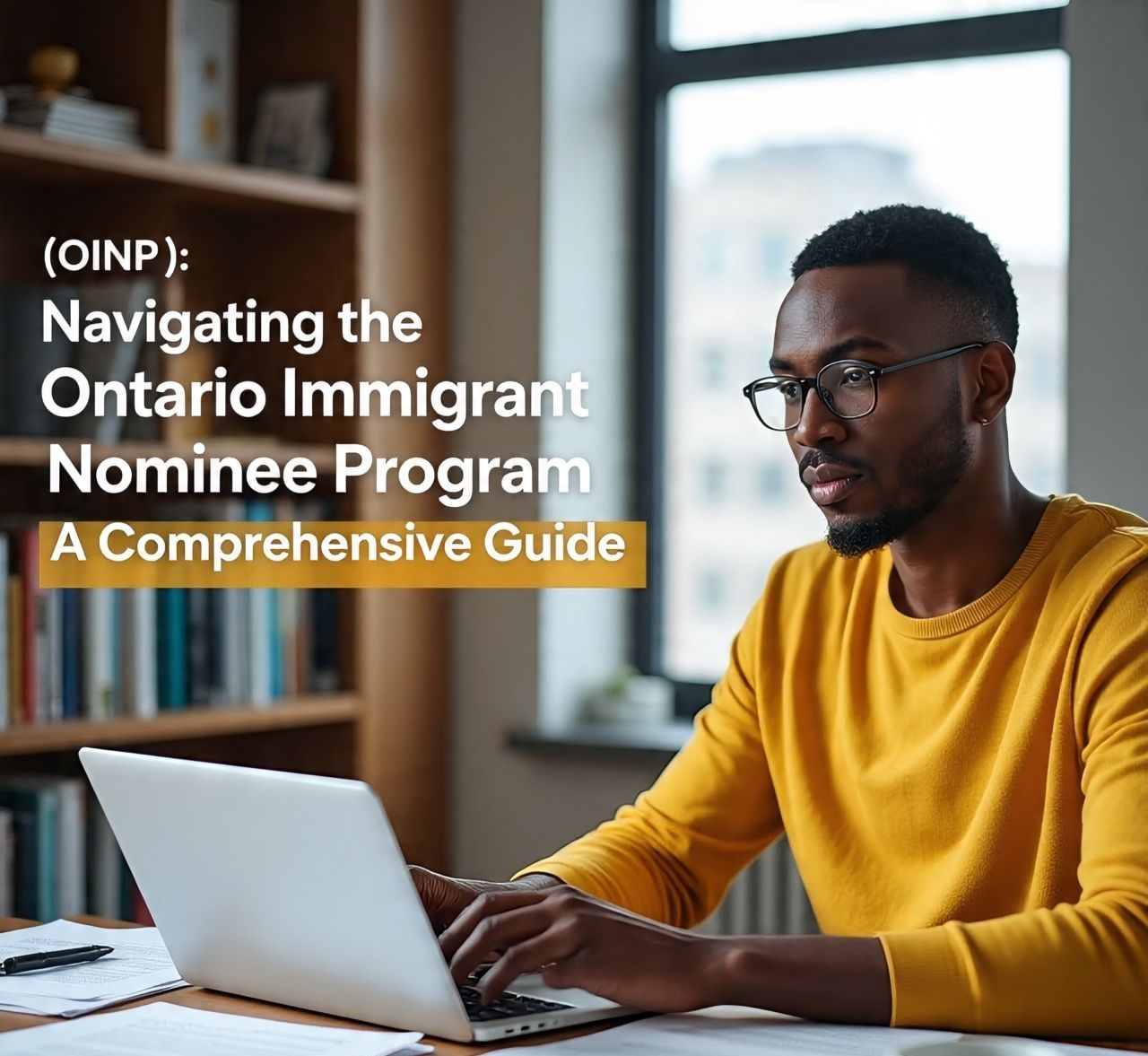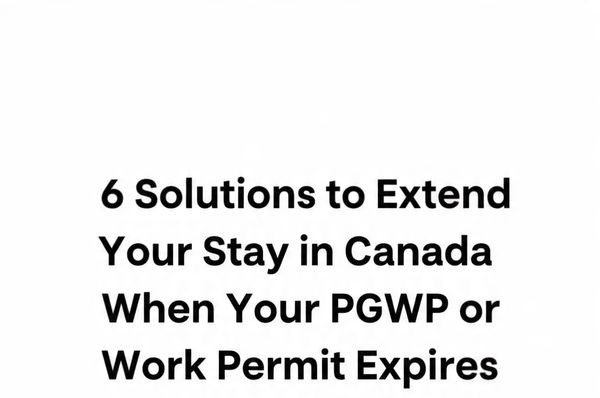Navigating the spousal sponsorship process requires patience and understanding. While each application is unique, here is a general overview of what to expect in terms of timing and procedure.
Overall Processing Time
The standard processing goal for most spousal sponsorship applications is approximately 12 months from the day Immigration, Refugees and Citizenship Canada (IRCC) receives a complete application until a final decision is made. However, this timeline can vary significantly. Straightforward cases with complete documentation may be processed faster, while complex cases requiring additional verification or interviews will understandably take longer.
The Step-by-Step Process and Timeline
Here is a breakdown of the key stages your application will go through:
1. Acknowledgement of Receipt (AOR)
- Timing: 2-3 months after submission.
- What Happens: IRCC sends a letter or email confirming they have received your application and have found it complete enough to process. This communication will include your application number, which is essential for linking your file to an online account to track its status. Incomplete applications are typically returned at this stage.
2. Sponsor Eligibility Assessment
- Timing: Usually within 1-3 months after AOR.
- What Happens: IRCC assesses the Canadian citizen or permanent resident sponsor to ensure they meet all requirements (e.g., not in default of a previous sponsorship, not on social assistance, etc.). The sponsor will receive a letter indicating whether they are approved to sponsor.
3. Principal Applicant Eligibility and Processing
- Timing: This occurs concurrently and after sponsor approval, over several months.
- What Happens: The application is transferred to a visa office (for outland applications) or processed in-Canada. Officers assess the sponsored spouse’s (principal applicant’s) admissibility, which includes background checks, security, and criminality.
4. Medical Exam and Biometrics Request
- Timing: Typically around 3-4 months into the process.
- What Happens: The principal applicant and any non-accompanying dependents will be requested to complete an immigration medical exam and provide their biometrics (fingerprints and photo). It is crucial to complete these requests promptly to avoid delays.
5. (For Inland Applicants) Open Work Permit
- Timing: Usually processed within 4 months of application.
- What Happens: Applicants applying under the Spouse or Common-Law Partner in-Canada class can apply for an open work permit alongside their sponsorship application. This allows them to work for any employer while their permanent residence application is processed, providing crucial flexibility.
6. Interview (If Required)
- Timing: Can add 3-4 months to the processing time.
- What Happens: Not a standard step. An interview may be requested if the immigration officer requires more evidence to be satisfied the relationship is genuine. Providing a thorough, well-documented application from the start is the best way to avoid this.
7. Decision Made & Confirmation of Permanent Residence (COPR)
- Timing: By the 12-month mark (on average).
- What Happens: Once approved, the applicant will receive their Confirmation of Permanent Residence.
Outland applicants will receive a COPR and a permanent resident visa (if required) to travel to Canada to finalize their status.
Inland applicants will be scheduled for an appointment to finalize their status inside Canada.
Key to a Smooth Process
The single most effective way to ensure timely processing is to submit a perfectly complete and well-organized application from the outset. Missing forms, unsigned documents, or insufficient proof of relationship are the most common reasons for significant delays or returns. Meticulous preparation is your greatest asset in this process.
Let Worldbridge Immigration Services be your guide to a successful future in Canada
Contact us:
Website: www.theworldbridge.ca
Email: info@theworldbridge.ca
Phone/WhatsApp: +1-416-727-7766
Social Media: @worldbridgeHQ

